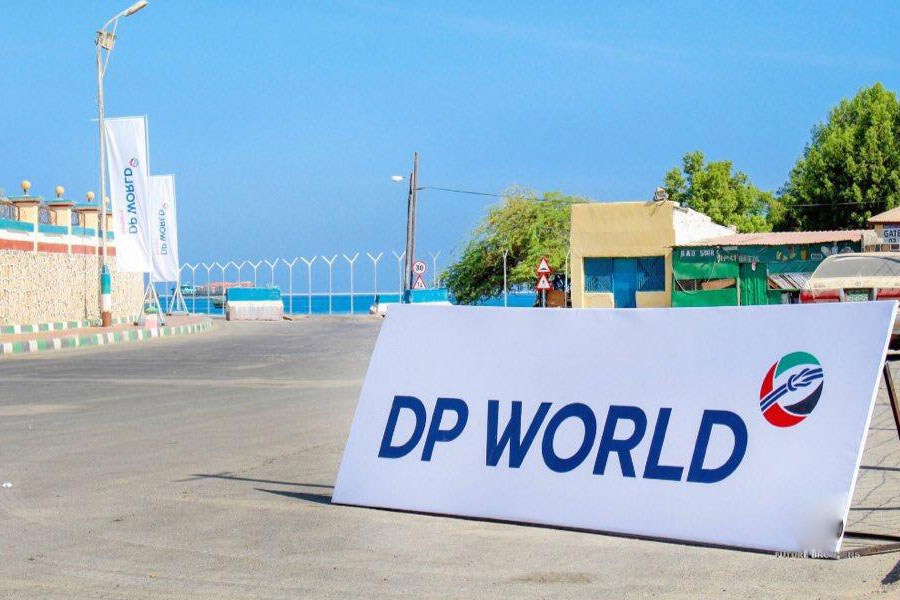
I refreshed my Facebook page over and over again, hoping it would work last Tuesday night. There was no internet, and my phone was unable to make any calls. I realised later that there was an internet blackout across Addis Abeba. It also occurred to me that I rely more on the online community for information than any other resource.
On that night, I had work piling up from people who would happily replace me with someone with a better internet connection. My aim is for them to never find out how bad it gets in Ethiopia.
In their defence, why should they care about some random African country and its problems when their interest is in their key performance indicators (KPIs)?
The struggle does not end there. As I try to get my business running, I know that most of my frustrations are not just about getting my project off the ground but the expenses that are related to the many things I have no control over. These problems are not mine to solve but should be the concern of the elected officials. Admittedly, it is easy to criticise a job that is not in my hands, but some problems have easy solutions.
It is not just our jobs that they are disrupting. It is also our sense of security. On the day the internet was off, I kept refreshing my Facebook page, craving news. I believed that the disconnection of phone and mobile internet networks was surely not a coincidence. I switched to a broadband connection. Alas, nothing but speculation from other, equally confused people. Like me, they had gathered near a broadband connection hoping to hear news or call their loved ones.
My head was swarmed with thoughts of the worst happening. Fortunately, during these times, living in a condominium gives me comfort. Listening to the non-stop noises indicates a reassuring level of normalcy.
“We are now live,” screams a member of the diaspora. He has an online campaign on Facebook, while the rest of us barely have an internet connection. He is working on a project that I would normally describe as forward-thinking, but now the bold display of hope he exhibits irks me. I am realising how my own naivete has led me to bleed my time, passions and dreams in a country that is my home.
It is imperative we view our time on this earth as a collective success or failure, especially in a country like Ethiopia. Even efforts made in the way of aiding the local government are punishable. We recently took the initiative to clean and partially reconstruct the sidewalk in front of the space we had rented for our business. Before long, it was being dumped on by our neighbours who were undertaking construction.
Our neighbours are constructing a building, and rubble from the project is spilling onto the public road. Their failure to pay attention to the impact they are having is upsetting, but worse are the wereda representatives who have come to knock at our door with complaints about our reconstruction efforts. We have worked to receive our permit for reconstruction, but one of the members was not satisfied, telling us with his alcohol-stained voice that there are too many people doing work. They continue to complain about the colour of our paint choice as they walk back on the road with no sidewalk, saying nothing about our next-door construction site.
When opening a business in Ethiopia, all problems become one's own. Power shortages required a big chunk of our initial budget, because a generator is imperative. Parking spaces are hard to tackle. Different rules randomly come up and make opening a business difficult even though they were created without our knowledge or consideration.
While we cannot expect the representatives to have all the answers, we can expect logic and understanding of how we conduct our businesses. It is scandalous to have to pay to clean sidewalks only to receive a fine for the action. Neither is it acceptable that responsible citizens working toward leaving a positive impact can be ill-treated by the lower-level administrative offices.
The support provided to small businesses is what will expand the middle class in Ethiopia. It is these people who that can create work and make grassroots change. This is not to say that mistakes will never be made but government priorities need to be straightened.
While my local wereda has not asked my neighbours to clean up the sites that have been ruined or sorted out the parking availability for important sites, how can we meet halfway?
The citizens of this nation are not simply waiting with hands clasped; we are working, trying and expecting. We must expect that things are to progress not regress. Incentives and encouragement should be given to those who provide community services and those who make opening a business easier. While the government cannot be everywhere, there are significant changes sweeping the country when it comes to improving the business environment. Our hope is as pragmatic as it is demanding.
Each citizen ought to be held accountable for all that is expected on their part. Following through is what responsibility and love in action are all about.
PUBLISHED ON
Feb 22,2020 [ VOL
20 , NO
1034]


Radar | Aug 24,2019

Fortune News | Feb 19,2022

Fortune News | Feb 16,2019

Radar | Sep 06,2020

Radar | Oct 16,2021

Viewpoints | Jun 17,2023

Advertorials | Mar 13,2019

Radar | Nov 30,2019

Fortune News | Oct 13,2024

Fortune News | Apr 20,2019

Dec 22 , 2024 . By TIZITA SHEWAFERAW
Charged with transforming colossal state-owned enterprises into modern and competitiv...

Aug 18 , 2024 . By AKSAH ITALO
Although predictable Yonas Zerihun's job in the ride-hailing service is not immune to...

Jul 28 , 2024 . By TIZITA SHEWAFERAW
Unhabitual, perhaps too many, Samuel Gebreyohannes, 38, used to occasionally enjoy a couple of beers at breakfast. However, he recently swit...

Jul 13 , 2024 . By AKSAH ITALO
Investors who rely on tractors, trucks, and field vehicles for commuting, transporting commodities, and f...

Nov 1 , 2025
The National Bank of Ethiopia (NBE) issued a statement two weeks ago that appeared to...

Oct 25 , 2025
The regulatory machinery is on overdrive. In only two years, no fewer than 35 new pro...

Oct 18 , 2025
The political establishment, notably the ruling party and its top brass, has become p...

Oct 11 , 2025
Ladislas Farago, a roving Associated Press (AP) correspondent, arrived in Ethiopia in...